Choose your business type ...
Every business has a legal duty to carry out a fire risk assessment, whether you have or are responsible for a shop, an office, a large event, a residential care premises, or any other type of business or small business premises.
Learn what a fire risk assessment is and what you need to do, by simply selecting your type of business from the list below and going to the dedicated page ...
Select your type of premises ...
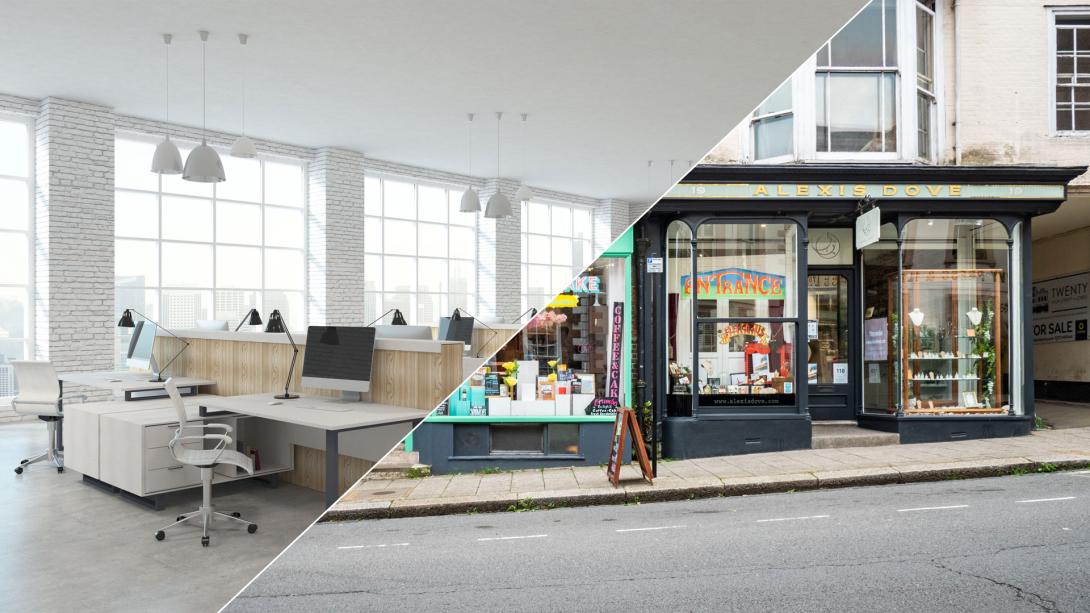
Shops and offices
Learn what shops and offices must know and do to meet their fire safety obligations.
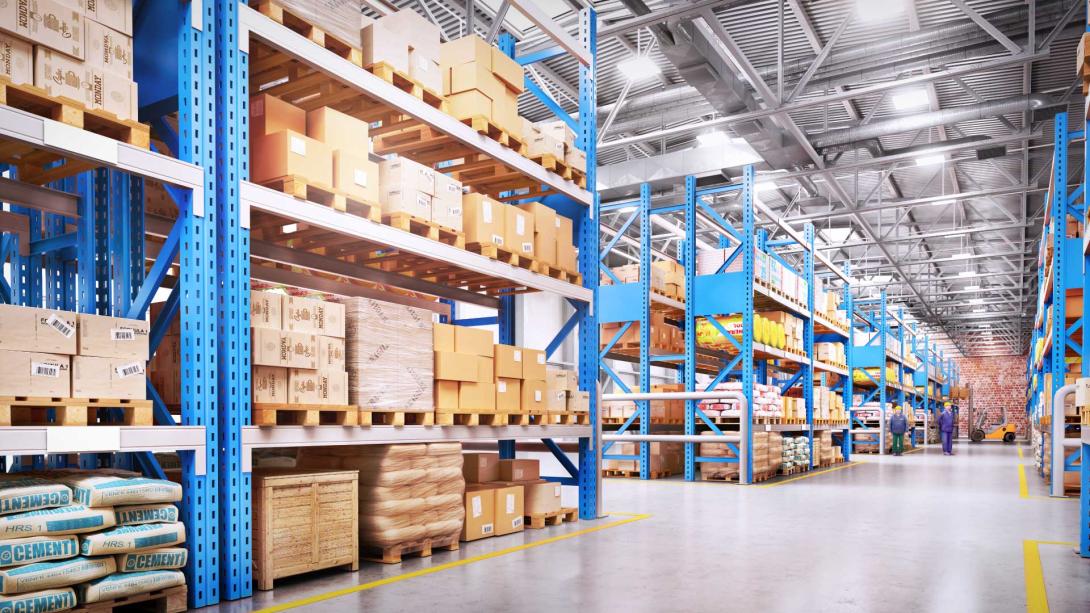
Factories and warehouses
Help keep your premises, staff and visitors safe by learning what you must know and do to meet fire safety obligations.

Educational premises
From primary schools to universities and colleges, educational establishments must comply with current fire safety regulations.

Residential care
For premises providing residential care (eg personal / nursing care, but not healthcare treatment). This can include care for the elderly, children, those with special needs, learning difficulties, mental or physical disabilities, and addiction.

Healthcare
This guidance is for premises whose primary use is the provision of healthcare. It includes hospitals, doctors' surgeries, dentists, and other similar healthcare premises, both non-private and private.

Theatres and cinemas
For theatres, cinemas, concert halls, or a combination of any of these, including purpose-built and converted premises. For temporary premises see Premises for 300 or less, or over, 300 people (small and medium, or large places of assemblies).
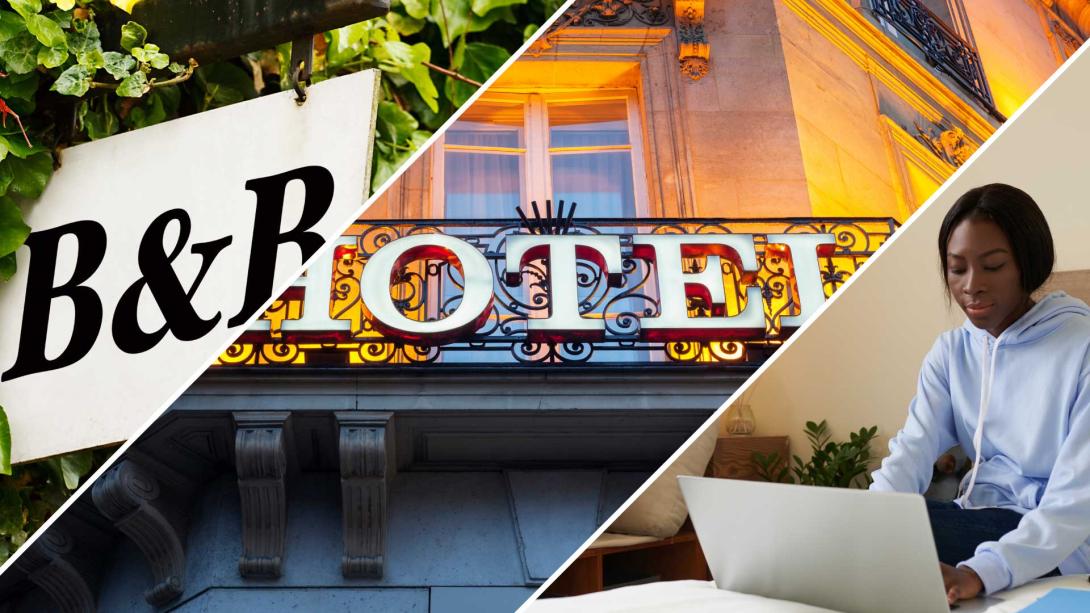
Sleeping accommodation
Premises that provide sleeping accommodation include hotels, B&B, halls of residence, residential training centres, boarding schools and more...
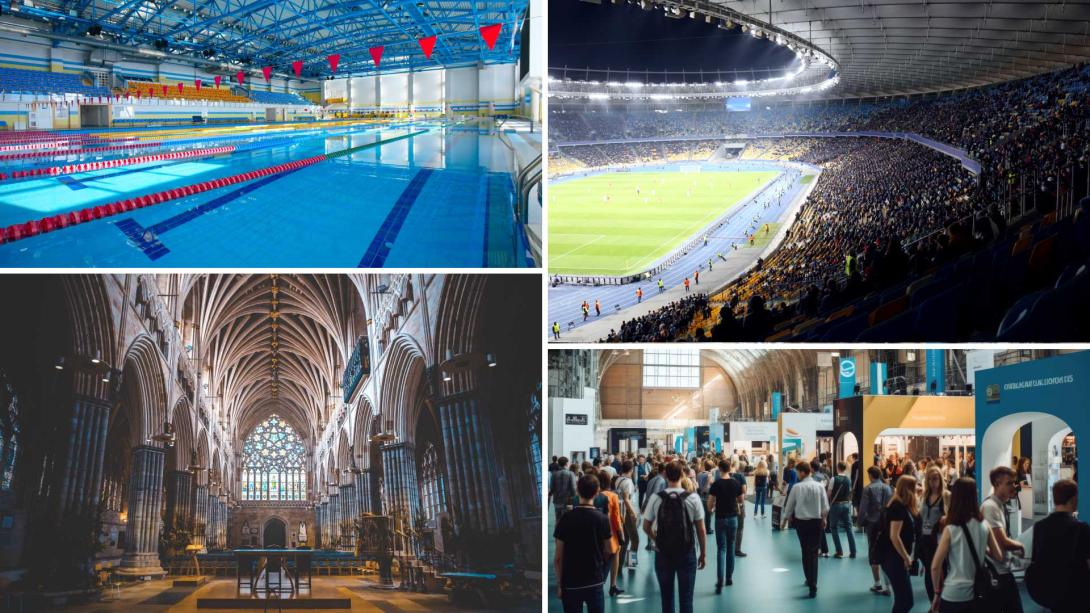
Over 300 people - large places of assembly
These include sports stadiums, exhibition and conference centres, swimming pools, cathedrals, museums and more ...

300 or less people - small/medium places of assembly
For premises where 300 or less people can assemble. These can include village halls, pubs, community centres, churches.

Open air events and venues
These include theme parks, zoos, sporting events, festivals, car boot sales, county fairs and more, but not permanent buildings, sports stadiums or large temporary structures.
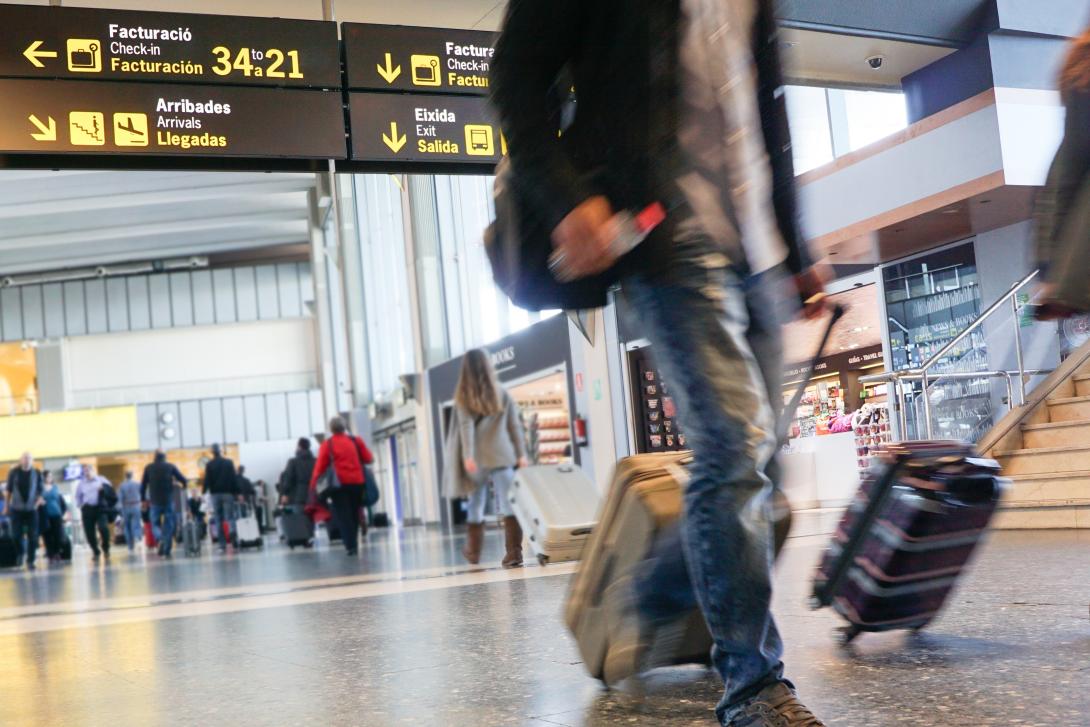
Transport premises and facilities
For air, ferry and shipping ports, railway, bus and coach terminals and stations, as well as tunnels for both road and rail, transport interchanges and similar premises. Simple or complex, this guidance is for all transport facilities.
Small premises?
If you own, manage or are responsible for smaller premises such as:
- holiday or small paying-guest accommodation
- small non-domestic premises
- a small block of flats
- Airbnb accommodation
you will still need to ensure that you meet your fire safety responsibilities.
Learn more in the section below...
Small Premises
If you own, manage or are responsible for smaller premises such as holiday accommodation or an Airbnb, small non-domestic premises, or a small block of flats, you will need to ensure that you meet your fire safety responsibilities.
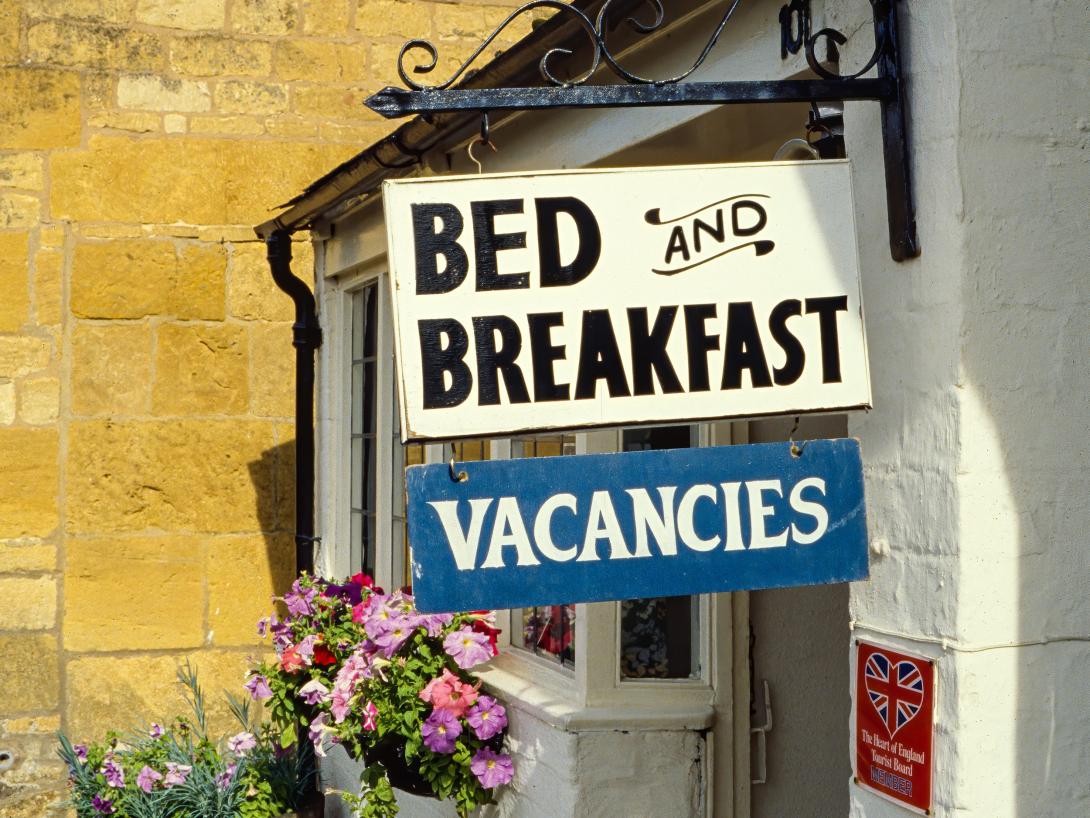
Small paying guest accommodation
Premises that have simple layouts, limited fire risks and a small number of bedrooms designated as guest sleeping accommodation for short-term lets, such as small bed and breakfast, guest houses and self-catering accommodation.

Small non-domestic premises
New guidance for premises where you have sole control and an area not exceeding 280m2. They should have no sleeping accommodation, or hazardous processes taking place and consist of not more than a basement, ground and first floor.
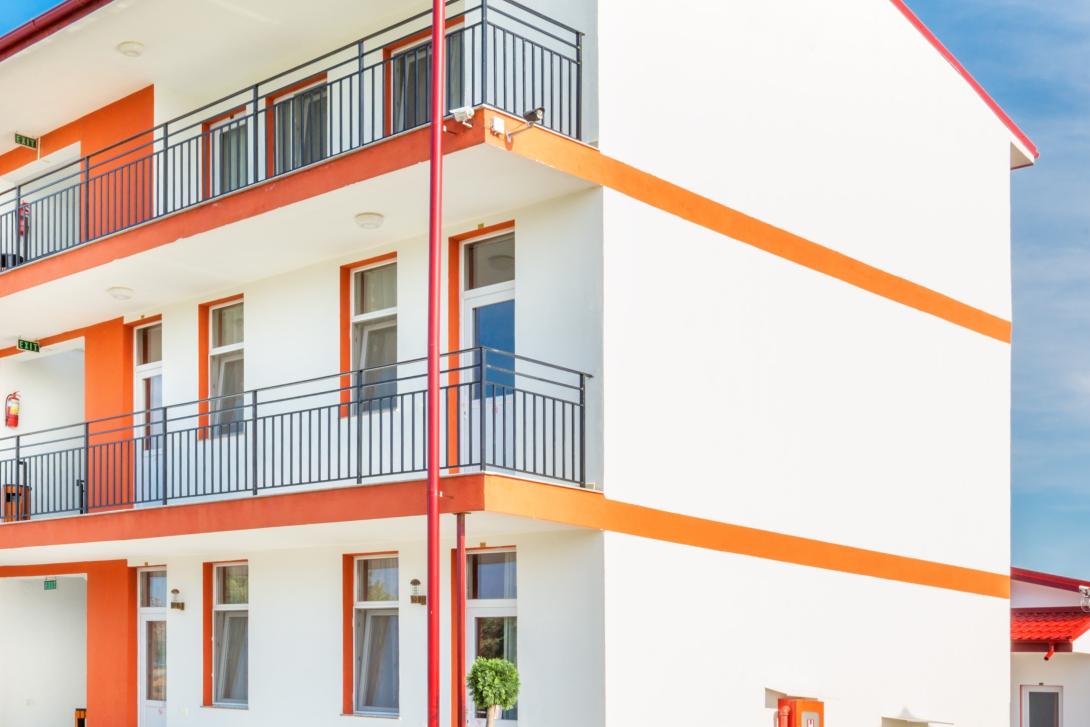
Small block of flats
For blocks of flats not more than a ground, first and second floor, containing no more than six flats. Applies to purpose-built, and conversions conforming to the 1991, or later, Building Regulations.

Airbnb accommodation
If your premises or parts(s) of your premises are used for Airbnb, you must carry out a fire risk assessment. Learn more on our Airbnb section.